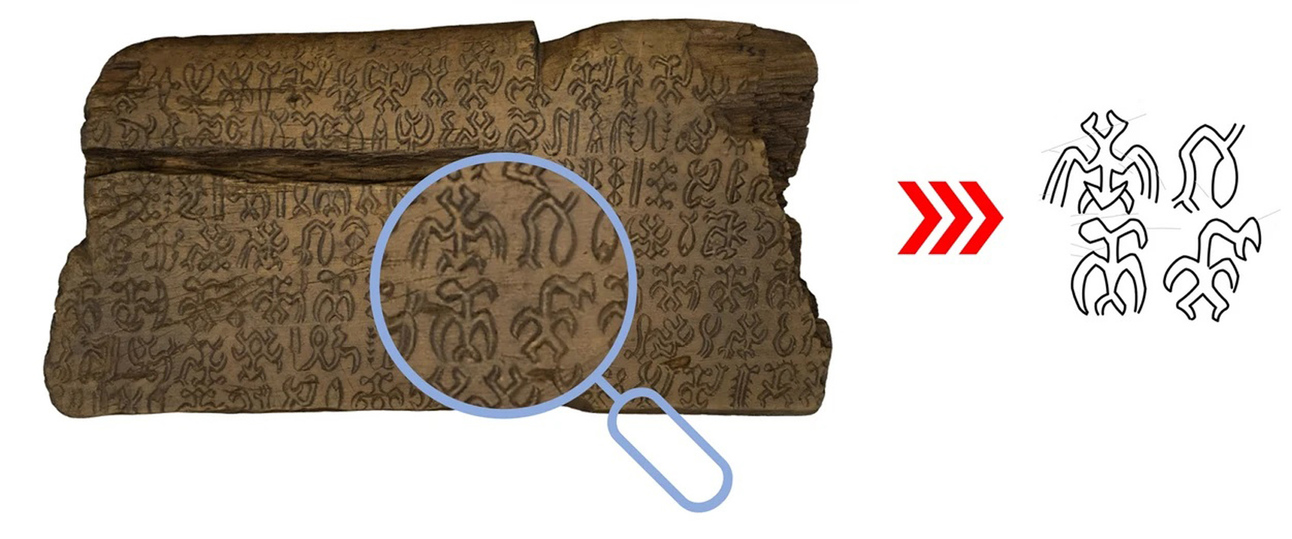Scientists are trying to decipher the Easter Island wooden tablets
A new study published in the journal Scientific Reports deciphers an ancient wooden tablet found on Easter Island. This tablet contains mysterious writings known as rongo-rongo. What is intriguing is that this tablet predates the arrival of Europeans on the island by more than two hundred years.

A new publication in Scientific Reports by a team led by Silvia Ferrara provides new evidence through direct radiocarbon dating. Previously, only two rongo-rongo tablets, kept in Berlin and St. Petersburg, had been directly dated, both to the 1800s. Researchers have now dated four other tablets from the Vatican collection. One tablet, made from African podocarpus wood, gives a date range of 1493-1509 AD, centuries before the arrival of Europeans. The remaining three tablets, made of Polynesian rosewood and European ash, date from the late 1700s to mid-1800s.
This find pushes back the chronology significantly, given that Europeans did not set foot on Easter Island until the 1720s. Experts believe the discovery strengthens the idea that the Rongorongo writing system may have been one of the few independently invented writing systems.
 Photo: nature.com
Photo: nature.com
Language expert Silvia Ferrara explained that the results confirm the assumption that the Rongo script Rongo was created independently by the Rapa Nui people. This suggests that they were not influenced by the writing styles they may have seen from Europeans. However, analysis also suggests that the wood used to make this tablet may have been a piece of driftwood, as it refers to wood not native to the island.
Easter Island was settled by Polynesians relatively late, around 1200 AD era. Its indigenous people are believed to have developed a unique writing system known as rongo-rongo, which is preserved on just 27 precious wooden tablets. The hieroglyphs are not similar to other known writings, but share common motifs with the ancient rock art of the island. The origin of this undeciphered letter remains a matter of debate.


























































Свежие комментарии